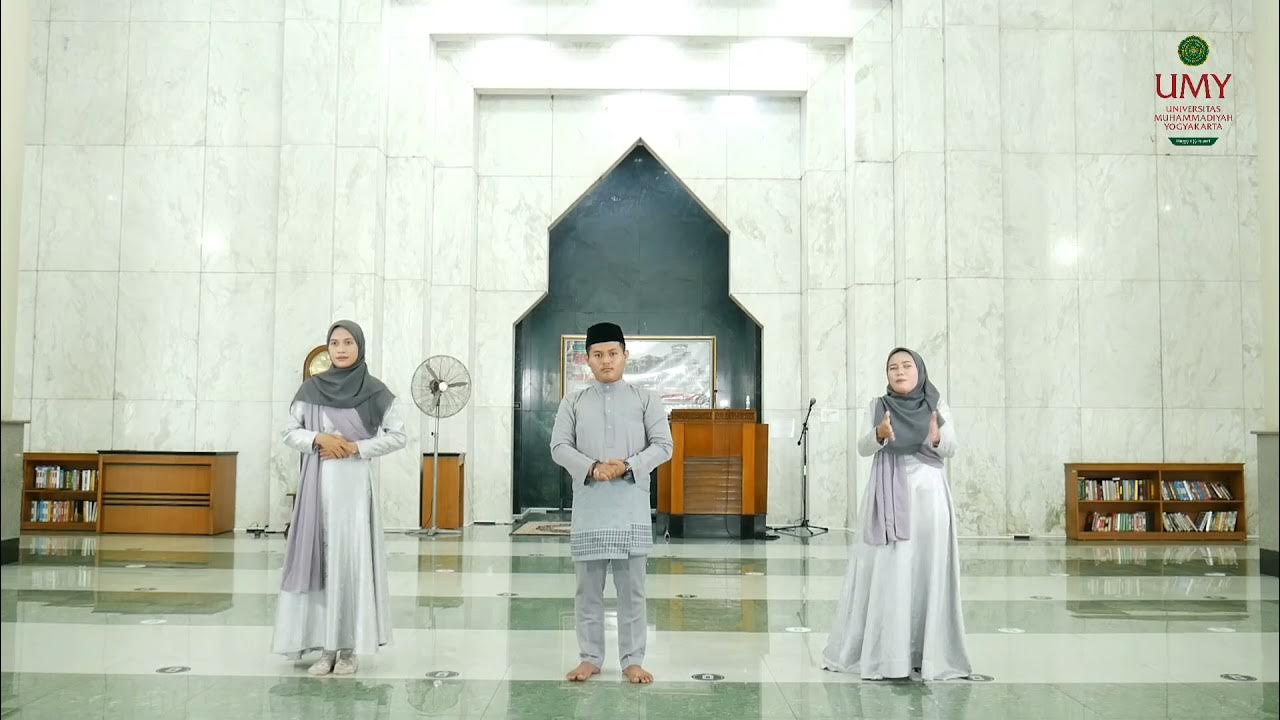"I Had To Be Vulnerable To Become Who I Am" - David Goggins
Summary
TLDRThe speaker emphasizes the power of vulnerability and open-mindedness in achieving strength and authenticity. By sharing personal struggles and character flaws, they illustrate the importance of confronting one's past to build a stronger self. The narrative encourages individuals to embrace their imperfections and take responsibility for their actions, advocating for the courage to return to the source of their issues and begin the healing process.
Takeaways
- 💪 Embracing vulnerability and open-mindedness can lead to strength and resilience.
- 🔑 Acknowledging one's flaws and being transparent about them is a key to personal growth.
- 🤔 Recognizing that life's hardships have shaped us is important for understanding our character.
- 🚫 Avoiding blame and taking responsibility for our actions is crucial for self-improvement.
- 🔄 Accepting that we are not perfect and have flaws is the first step towards change.
- 🗣️ Being honest with oneself and others about one's shortcomings can lead to genuine connections.
- 🔍 Reflecting on past mistakes and understanding their root causes is essential for healing.
- 🛤️ Going back to the source of our problems to address them is a brave and necessary act.
- 🛡️ Self-acceptance and the courage to face our past are vital for building a stronger self.
- 🔧 Fixing what's broken within us requires a willingness to confront and address our issues.
Q & A
What is the main message the speaker is trying to convey about strength and vulnerability?
-The speaker suggests that vulnerability and open-mindedness are the keys to true strength, emphasizing that being open about one's weaknesses can lead to personal growth and strength.
How does the speaker describe their journey to becoming who they are today?
-The speaker describes their journey as one of embracing vulnerability, breaking down to their core, and being honest with others about their flaws and insecurities.
What does the speaker mean by 'breaking myself down to the absolute rock bottom'?
-This phrase refers to the speaker's process of confronting and acknowledging their deepest flaws and insecurities, which was a necessary step in their personal growth and self-improvement.
Why does the speaker believe it's important to admit to one's character flaws and lies?
-The speaker believes that admitting to one's flaws and lies is crucial for personal growth because it allows for self-awareness and the opportunity to address and fix these issues.
What does the speaker suggest is the common issue with how people are judged?
-The speaker suggests that people are often judged too quickly based on their current state without understanding the experiences and circumstances that have shaped them.
How does the speaker view their past self and the role of life in creating it?
-The speaker acknowledges that their past self was flawed, but they recognize that life's experiences were responsible for shaping them into that person, and it's not entirely their fault.
What does the speaker mean by 'going back to where the [__] started'?
-This means returning to the origin of one's problems or issues, whether they be emotional, psychological, or behavioral, to understand and address the root causes.
Why is it necessary to 'go back to where the [__] started' according to the speaker?
-The speaker believes it's necessary to revisit the source of one's issues to have the courage to confront and fix what is broken within oneself.
What is the speaker's attitude towards their own flaws and the process of self-improvement?
-The speaker has a self-aware and proactive attitude, acknowledging their flaws and taking responsibility for their self-improvement without waiting for external validation or help.
How does the speaker use the concept of 'vulnerability' in their personal development?
-The speaker views vulnerability as a strength and a tool for personal development, using it to be honest with themselves and others, and as a catalyst for change and growth.
What advice does the speaker give regarding dealing with one's insecurities and flaws?
-The speaker advises facing one's insecurities and flaws head-on, being open about them, and actively working to address and overcome them as part of personal development.
Outlines

Esta sección está disponible solo para usuarios con suscripción. Por favor, mejora tu plan para acceder a esta parte.
Mejorar ahoraMindmap

Esta sección está disponible solo para usuarios con suscripción. Por favor, mejora tu plan para acceder a esta parte.
Mejorar ahoraKeywords

Esta sección está disponible solo para usuarios con suscripción. Por favor, mejora tu plan para acceder a esta parte.
Mejorar ahoraHighlights

Esta sección está disponible solo para usuarios con suscripción. Por favor, mejora tu plan para acceder a esta parte.
Mejorar ahoraTranscripts

Esta sección está disponible solo para usuarios con suscripción. Por favor, mejora tu plan para acceder a esta parte.
Mejorar ahoraVer Más Videos Relacionados

this is your sign to go all in

Dakwah melalui SYARHIL dengan Tema : Alqur'an sebagai Ilmu Pengetahuan dan Teknologi

HOW to COMMAND RESPECT and STOP LOOKING WEAK | STOIC PHILOSOPHY

5 Langkah Dalio

Communication Skills - The 6 Keys Of Powerful Communication

Saying the Hard Things: The Power of Speaking Up | Amanda Springob | TEDxUWMilwaukee
5.0 / 5 (0 votes)
